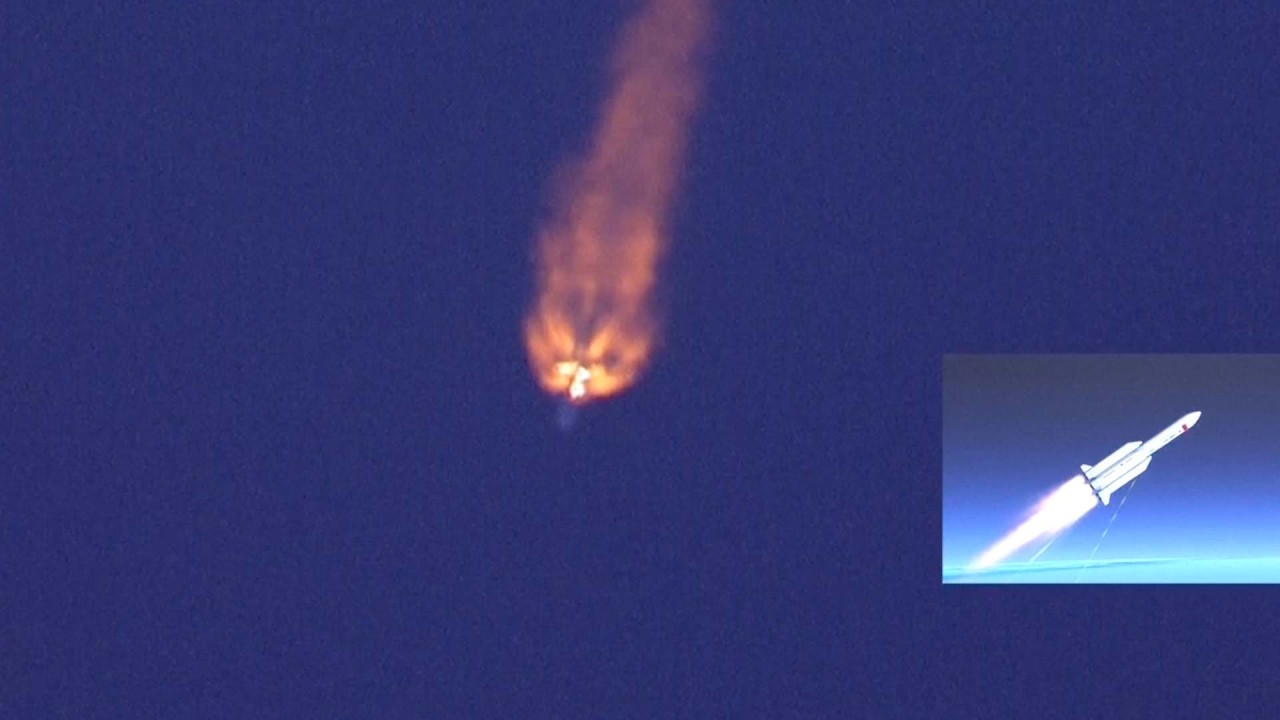
US court upholds decision to approve SpaceX Starlink satellite deployment plan
- Elon Musk’s SpaceX won FCC approval in 2021 to fly 2,824 satellites at a lower orbit to provide high-speed broadband internet services
- Competitors Viasat and DISH Network challenged the FCC approval. Viasat said on Friday it believes the ‘decision is a setback for … space safety’
A US appeal court on Friday upheld the decision of the Federal Communications Commission (FCC) to approve a SpaceX plan to deploy some Starlink satellites at a lower Earth orbit than planned as part of its push to offer space-based broadband internet.
Elon Musk’s SpaceX won FCC approval in 2021 to fly 2,824 satellites at a lower orbit to provide high-speed broadband internet services to people who currently lack access. Competitors Viasat and DISH Network Corp challenged the FCC approval.

Viasat said on Friday it believes the “decision is a setback for both space safety and environmental protection.”
The company added if the court had forced the FCC to address “complicated issues surrounding deployment of mega-constellations in (low-earth orbit), we believe harmful impacts that otherwise may persist for decades or even centuries to come could have been avoided.”
In a court filing, Viasat noted the SpaceX deployment plan was massive, noting “by way of comparison, around 10,000 satellites, total, have been launched in all of human history.”
The court ruling found “Viasat operates only a single satellite that flies close to SpaceX’s constellation” and added “This theory of injury is much too speculative.”
Dish noted the decision does not alter FCC rules prohibiting SpaceX and other operators from interfering with television service provided by satellite operators. “We will remain vigilant in ensuring that SpaceX operations do not harm our millions of satellite customers,” DISH said.
SpaceX did not immediately comment.
On Thursday, US wireless carrier T-Mobile US said it would use SpaceX’s Starlink satellites to provide mobile users with network access in parts of the United States, outlining plans to connect users’ mobile phones directly to satellites in orbit.
The new plans will exist alongside T-mobile’s existing cellular services.
SpaceX has launched nearly 3,000 low-Earth-orbiting Starlink satellites since 2019, handily outpacing rivals OneWeb and Amazon.com’s Project Kuiper.
Last month, the FCC SpaceX’s Starlink applications for US$885.5 million in internet service subsidies after tentatively awarding the funds in 2020.


